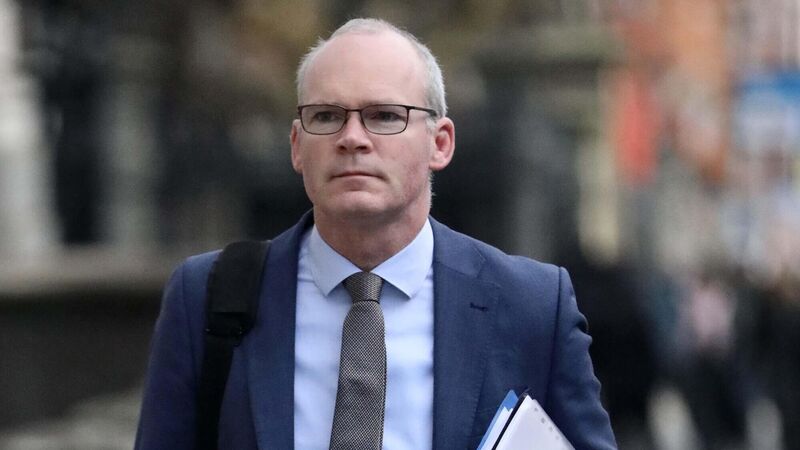Employers will not face PRSI contribution increase under plan

Enterprise Minister Simon Coveney is to outline his plans to help businesses this morning. Picture: Sasko Lazarov/© RollingNews.ie
Employers will not face an increase in PRSI contributions when the minimum wage increases, under new proposals from Enterprise Minister Simon Coveney.
At Cabinet this morning, Mr Coveney is to bring forward a memo that aims to help businesses with rising costs, including additional grant payments for energy efficiency.










